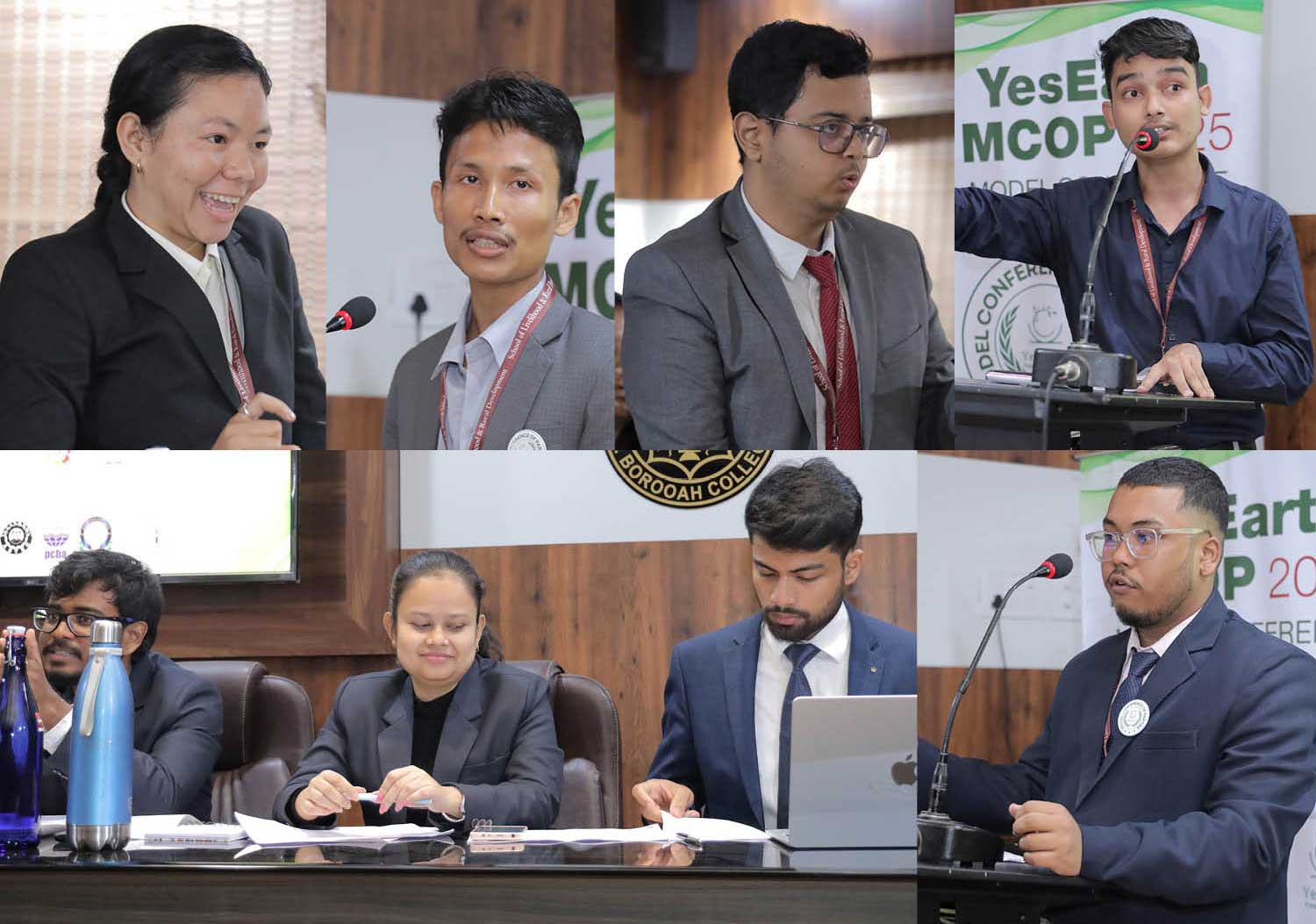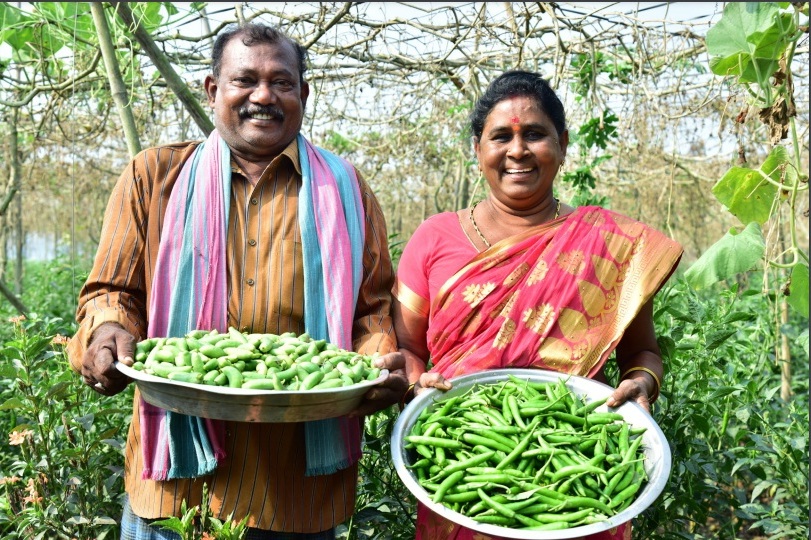Community-Managed Natural Farming of Andhra Pradesh, India
The Andhra Pradesh Community-Managed Natural Farming (APCNF) is an agroecological transformation of the farming practices of 6 million farmers over 6 million hectares and 50 million consumers in the state of Andhra Pradesh, India. It is the largest transition to agroecology in the world, with 630,000 farmers already addressing multiple development challenges: rural livelihoods, access to nutritious food, biodiversity loss, climate change, water scarcity, and pollution.
A study led by GIST Impact and supported by the Global Alliance for the Future of Food, indicated that APCNF offers a better alternative to the existing farming systems. APCNF led to greater crop diversity, similar or higher yields, higher incomes for farmers, lower input costs, improved local economies, improved social networks, improved health, and reduced health costs. Overall, APCNF gave highly positive returns on public investment, suggesting APCNF to be the food production system with better economic, environmental, and social outcomes.
Source:











